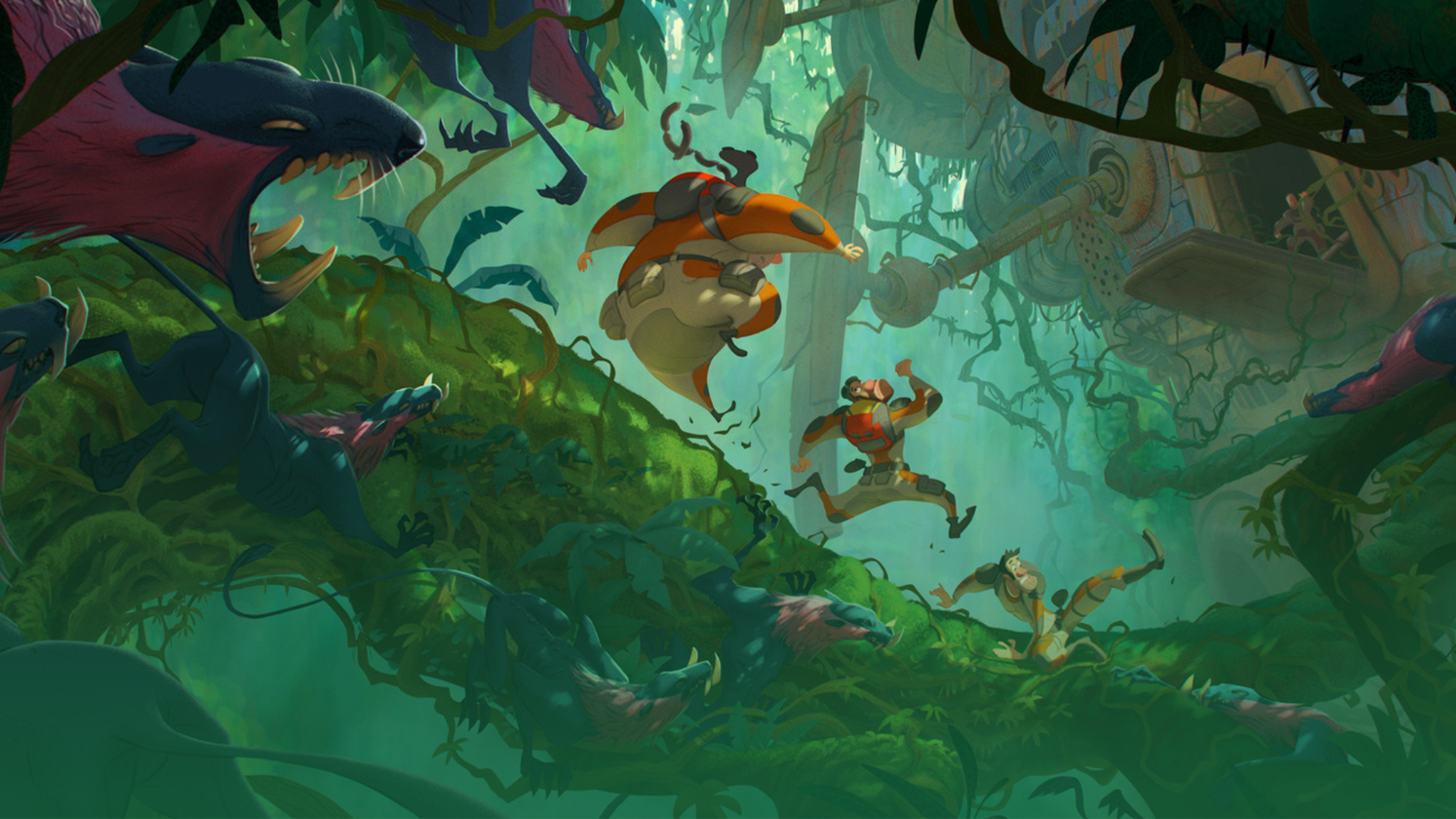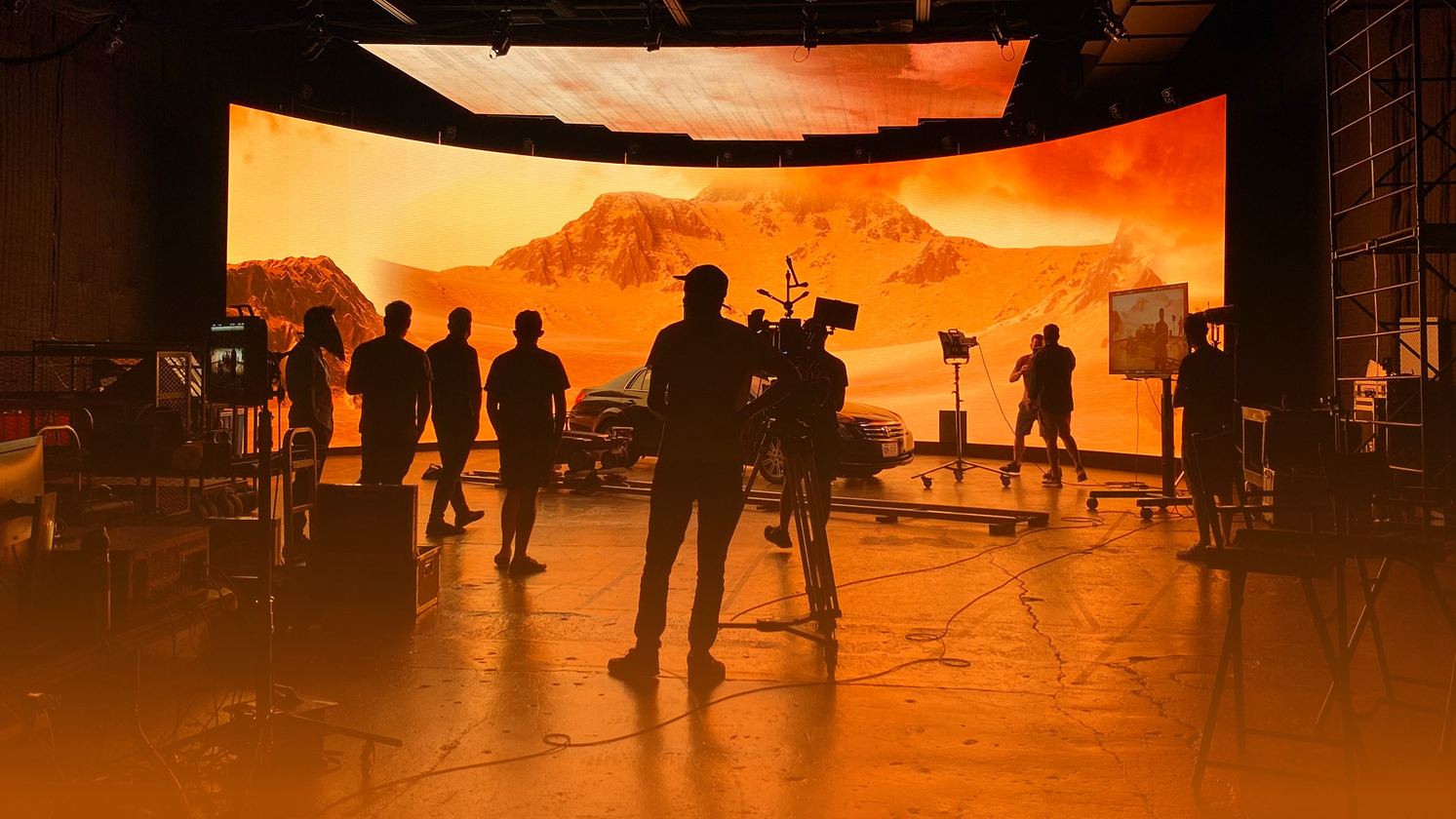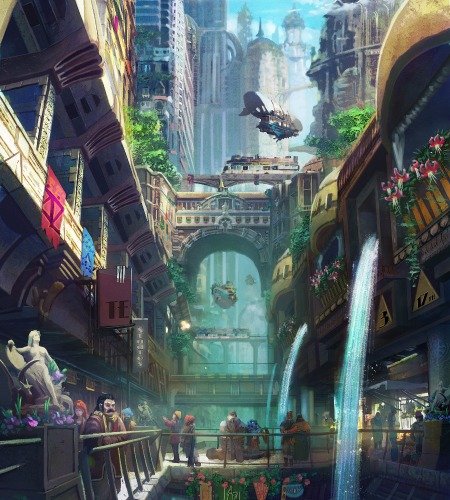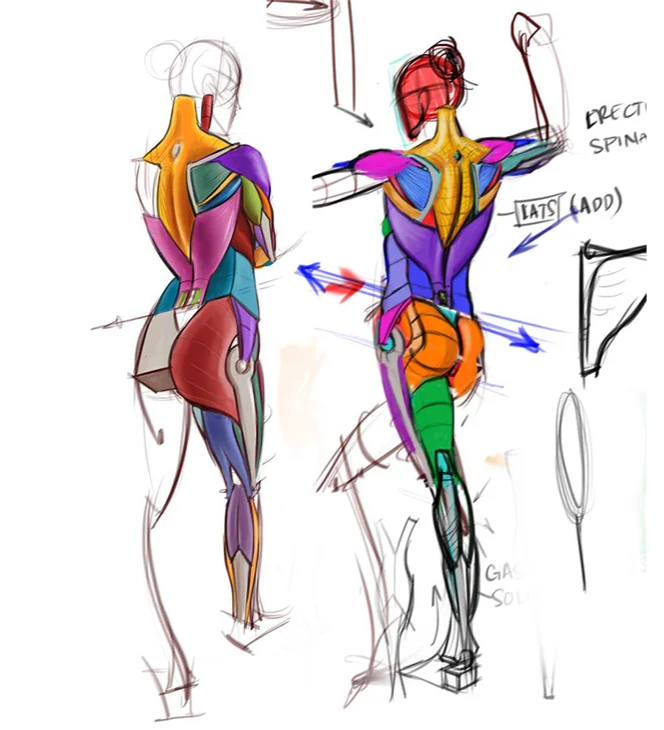4 Proven Tips to Find Meaningful Time to Create
In a world of responsibilities and distractions, it's a constant struggle to carve time out to create. Whether it's completing a personal project while holding a day job or investing one hour a week to learn a new skill, optimizing time and space can increase inspiration, production, and artistic growth. Here are four proven methods you can use to create more meaningful time to create.
1. AVOID DISTRACTIONS
"Distractions" is a nice way of saying your phone's emails, texts, and social media notifications. Nearly two-thirds of Americans check their phones 160 times per day. In fact, 75% of users consider themselves addicted to their phones (Small Business Trends, 2020).
Switching technology to Do Not Disturb can help you focus on one project completely uninterrupted. Getting into a flow, giving your brain the space to explore, and staying focused for even one hour is more beneficial than a start-stop approach for two hours.
Even when you're not working, think twice before reaching for the smart phone. Most of us scroll on our phones to kill time when we're bored. However, a study shows that boredom increases creativity and problem-solving (TIME, 2019). Give your mind the chance to wander on your breaks, and it will benefit you and your work.

2. WAKE UP EARLY
For night owls, setting the alarm clock can be a daunting task, but it could be worth a try. Studies suggest that morning people are more persistent, cooperative, agreeable, conscientious, and proactive (Entrepreneur, 2017). If your current routine isn't as fulfilling as you'd like, consider waking up earlier.

Animator, Graphic Novelist and CGMA instructor Jason Brubaker brings up some logistical benefits of getting up early. For one, it provides peace and quiet. Family isn't awake, work emails aren't flooding in, and the general chaos of the day hasn't started. Setting the alarm sooner in the morning prevents daily routine from crowding your creative work.
"I went to work super excited because I had already done two hours of my personal project," Jason said, "And it didn't matter how bad the day was, because I had already done my business."
Check out more of Jason's thoughts on finding time for creative work here. Embedded video:
3. DEFINE YOUR SCHEDULE
Your daily routine is full of opportunities to be creative, but you have to define and categorize those moments. For example, multitasking. When it comes to passive tasks like cleaning, commuting, and exercising, it's possible to simultaneously develop an idea conceptually. This way, you can make progress where you least expect it.
On the other hand, it's important to sharpen focus during active tasks. Try 'chunking' your schedule into manageable portions rather than working on several items at once. If you have trouble narrowing focus on one task, start with just 30 minutes. Work on one task for half an hour without checking emails, switching tabs, or thinking about another project.
Make sure you set aside structured time for other projects, family time, or self-care. This way, you can return to you work feeling refreshed.

4. CREATE HABITS, NOT PLANS
When it comes to creating time to create, stealing an hour here and there is not as effective as making a lifestyle change. In fact, it can be seriously detrimental. Lack of routine can increase anxiety over project scope since there are no set guidelines.
On the other hand, consistency breeds confidence. If you know you have one hour every day to work on personal projects, plus online courses Tuesdays and Thursdays, you can relax knowing you will complete the tasks important to you. It takes an average of 66 days to create a habit (Business Insider, 2021). Why not start now?
Philosopher Lao Tzu famously said, "Watch your thoughts, they become your words; watch your words, they become your actions; watch your actions, they become your habits; watch your habits, they become your character; watch your character, it becomes your destiny.”

Sources
https://smallbiztrends.com/2020/03/2020-mobile-phone-usage-statistics.html
https://time.com/5480002/benefits-of-boredom/#:~:text=Boredom is good for you, long enough to feel bored.
https://www.entrepreneur.com/article/289823
https://sites.rhodes.edu/academic-and-learning-resources/news/productivity-time-chunking-method
https://www.insider.com/how-long-does-it-take-to-break-a-habit
LEARN MORE
CGMA provides comprehensive instruction for cart, games, and visual effects industries in a variety of courses for a range of students, from 2D and 3D artists looking to supplement their college studies to industry professionals looking to stay up to date on emerging trends and techniques in the field.
















